
|
With a special focus on case interviews, this book coaches students how to think through the questions before giving sensible and thorough answers. Not only does it present several logical frameworks which help interviewees manage the given cases (Ch. 4), it also offers concrete sample interviews for readers’ reference (Ch. 5). This book is particularly useful for students who is about to attend a case interview for the first time.
Highlights include "Types of case questions" (pp. 15-19), "The four key case scenarios, developing your structure" (pp. 36-46), "Case starts" (pp. 74-83).
|
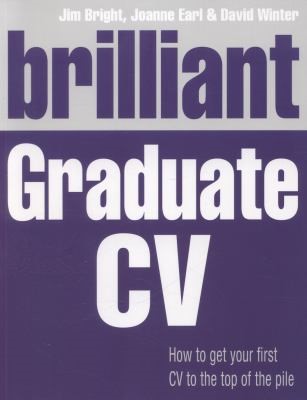 |
Catering for university graduates with little work experience, the book helps you craft persuasive CVs with examples. Beginning with an introduction of the general features in a CV in Part 1, the book guides you how to refine a CV in Part 2, followed by tips in content selection in Part 3 and suggested job search resources in Part 4. "Brilliant tips" in boxes from human resource experts are abundant throughout the chapters.
Highlights include "Making the perfect fit" (pp. 81-106), "Presenting your CV" (pp. 107-120), "Job application letters" (pp. 157-162), and "Addressing selection criteria" (pp. 165-176).
|
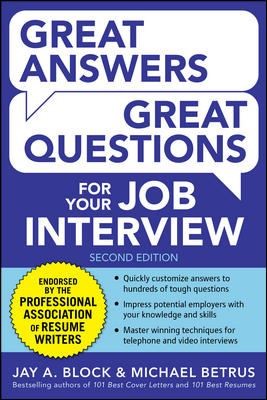 |
The primary aim of the book is to help you tackle various interview questions. The book hooks the readers with an introduction about the author’s pre-interview preparation experience, vividly illustrating how to predict questions by context and theme through brainstorming. You will gain insights into interpreting and answering difficult interview questions. In addition to worksheets and exercises for preparing interviews, you will learn how to customise your resume for different job positions.
Highlights include "Behind the scenes: Into the interviewer’s mind" (pp. 51-72), "The telephone interview" (pp. 125-130), "Great answers to special challenge questions" (pp. 171-176), and "Great questions to ask hiring managers" (pp. 187-198).
|
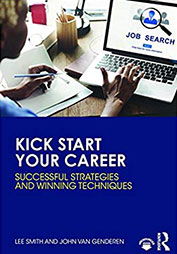
|
In addition to basic job searching strategies, this book features practical advice on finding a job in an international context in the 21st century. There is a special section on establishing your online profile in social media such as LinkedIn and Twitter (Ch. 7). Detailed discussions have also been devoted into the preparation of country-specific resumes (Ch. 12, 13 & 15) and cover letters (Ch. 16). The book finishes off with a chapter of practical interviews tips (Ch. 17) and is genuinely an all-in-one book for your job application preparation.
|
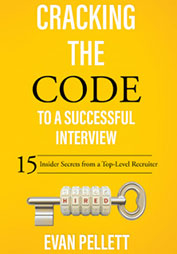
|
Knowing what job interviewers want based on his extensive hiring experience, the author of this book will help bring out the best of you in job interviews. Concepts are distilled into the eight-step REAPRICH practices, namely Results, Energy, Attitude, Process, Relationships, Interview the interviewer, Close the interviewer and Humanity. Insider secrets are also revealed, giving you relevant tips in each chapter. This book is especially good for a last-minute quick preparation as it is short and easy to read.
Highlights include "Critical commonsense interview preparation" (Ch. 2), "Interview the interviewer" (Ch. 6) and "Recap of REAPRICH steps in order" (Ch. 9).
|
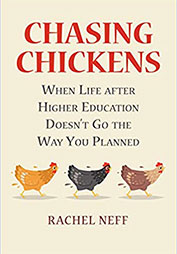
|
Instead of enhancing your practical job hunting skills, this book has a slightly different focus on sharpening your way of thinking and improving your attitude. Illustrating with false starts and personal failures, the author attempts to mentally prepare university graduates with the possibility of a career path which is not exactly the same as the one originally planned. Students are likely to find resonance in this light read and be supported during the job seeking process. The book targets at university graduates, and it is particularly suitable for doctoral students as the author has gone through typical difficulties PhD students usually face upon graduation.
Highlights include "Getting over the fear of 'no'" (pp. 45-64) and "The best-laid plans of mice and control groups" (pp. 101-112).
|